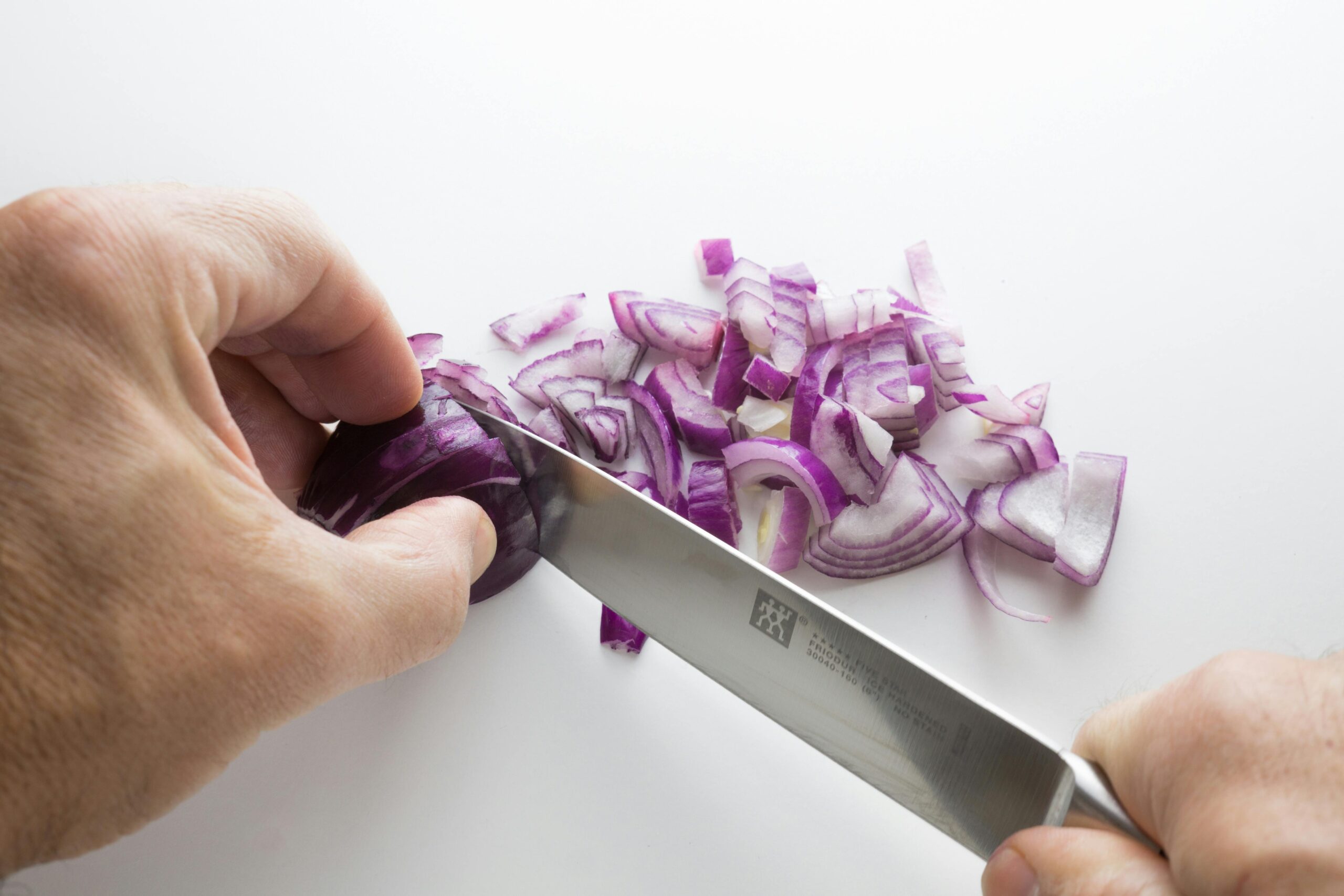Best Way to Store Cut Onions Without Losing Flavor


Preparing a turkey for a holiday feast is a cherished tradition, but it requires careful planning to ensure the bird is ready for the oven. One of the most critical steps in this process is thawing. Understanding how long to thaw a turkey and the best methods to do so can make the difference between a perfectly cooked centerpiece and a potential culinary disaster. This guide provides comprehensive information on thawing times, methods, and safety tips to help you prepare your turkey safely and efficiently.
Thawing a turkey properly is a crucial step in holiday meal preparation. A frozen turkey needs to be thawed completely to ensure even cooking and to prevent foodborne illness. The thawing process depends on the size of the bird and the method used, with several options available to suit different timelines and preferences.
Proper thawing is essential not only for taste and texture but also for safety. When a turkey is not thawed correctly, the outer layers may cook while the inside remains frozen, leading to uneven cooking. Furthermore, improper thawing can lead to the growth of harmful bacteria, which is why following recommended guidelines is critical.
There are three primary methods for thawing a turkey: refrigerator thawing, cold water thawing, and microwave thawing. Each method has its own time requirements and safety considerations.
Refrigerator thawing is the safest and most recommended method by the USDA. It involves placing the frozen turkey in the refrigerator, allowing it to thaw gradually. This method requires planning ahead, as it takes the longest time.
Step-by-step Instructions:
Thawing Times Based on Turkey Weight
Cold water thawing is faster than refrigerator thawing but requires more attention. The turkey must be submerged in cold water, which is changed every 30 minutes to maintain a safe temperature.
Step-by-step Instructions:
Thawing Times Based on Turkey Weight:
Microwave thawing is the quickest method but is suitable only for smaller turkeys. It requires careful monitoring to avoid partially cooking the bird.
Step-by-step Instructions:
Understanding thawing times is essential for planning your meal. The method you choose will depend on the time you have available before cooking. For best results, start the thawing process well in advance, especially if using the refrigerator method.
Several factors can affect how long it takes to thaw a turkey, including the bird’s size, the thawing method, and the ambient temperature. Larger turkeys naturally take longer to thaw, and colder environments may slow the process. It’s important to account for these variables when planning your preparation timeline.
Following safety guidelines is crucial to prevent foodborne illnesses. Always keep the turkey at a safe temperature during thawing, and never leave it out on the counter at room temperature. If using the microwave or cold water methods, cook the turkey immediately after thawing to ensure safety.
If you find yourself with an unthawed turkey on the day of your meal, don’t panic. You can cook a frozen turkey, though it will take approximately 50% longer than a thawed one. Ensure the internal temperature reaches 165°F (74°C) to guarantee safety.
Thawing a turkey is a crucial step in preparing a delicious holiday meal. By understanding the different methods and their respective timelines, you can ensure your turkey is safe and ready to cook. Planning ahead and following recommended guidelines will help you achieve a perfectly thawed and cooked turkey, making your holiday gathering a memorable success.